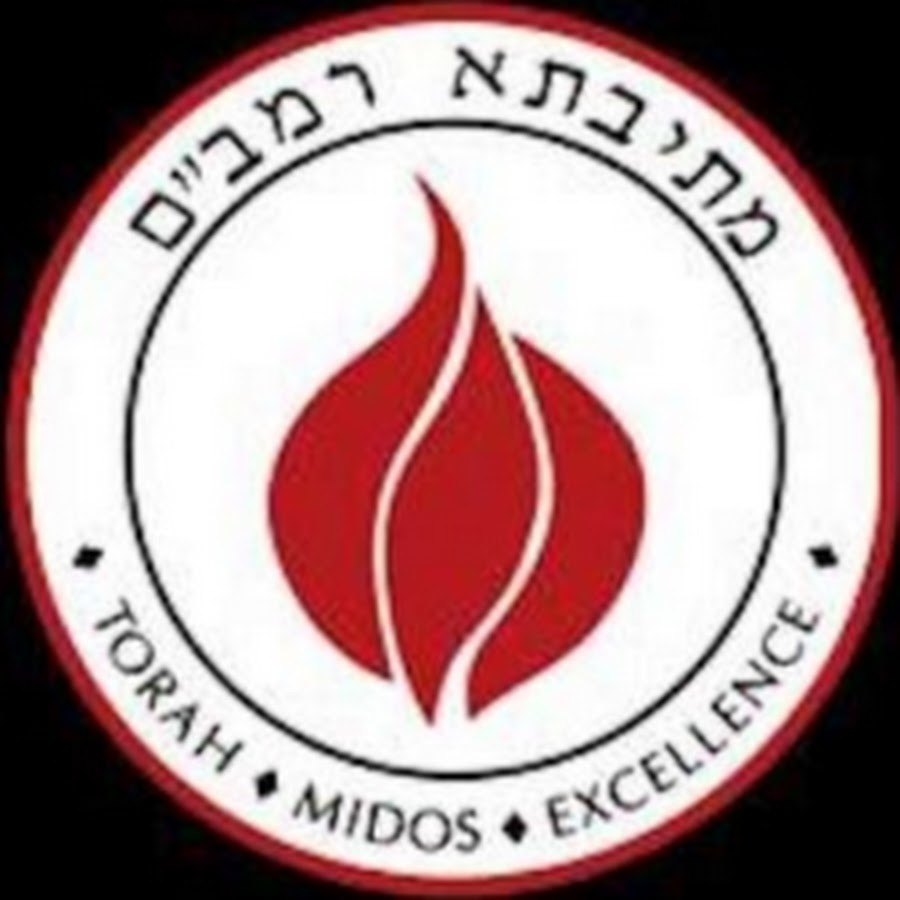Rambam eyes glory of Vilna
For many years the Jewish community in Lithuania flourished. Bcause of the great scholars who lived there, its capital, Vilna, was referred to as the Jerusalem of Europe.
The illustrious Gaon of Vilna is known worldwide for his incisive genius and dedication to Torah study. Other great codifiers such as the Chayei Adam lived and taught in Lithuania. Invariably, those who live also pass away.
The deceased of Vilna were buried in a large cemetery designated in the 16th century. Jews continued to live in Lithuania enjoying both good times and bad until the Holocaust. When the Nazis invaded Lithuania, approximately 200,000 Jews faced Hitler’s decree of annihilation.
Approximately 95 percent of Lithuania’s Jewish population was murdered during the Holocaust. In one gruesome account, a non-Jewish eyewitness testified that Lithuanian patriots captured Jews and locked them in the Kovno garage, clubbing them to death and keeping hoses running to wash away the blood during. As Jewish bodies piled high, a proud Lithuanian jumped on top of the bodies and played the Lithuanian national anthem on the accordion. Lithuanians also willingly participated in the mobile killing squads that went town to town rounding up Jews, forcing them to dig mass graves and shooting their victims.
Ponary is the name of an infamous forest on the outskirts of Vilna. During the Holocaust, Aleksandras Lileikas, and Lithuanian volunteers, oversaw the murder of nearly 60,000 Jews in that forest. Lileikas illegally obtained entry into the United States and when his Nazi past was discovered, students from Rambam Mesivta lobbied Congress, rallied outside his home, and pressured him to leave. When he finally fled in 1986, he received a hero’s welcome in Lithuania.
Lithuania seems to have a hard time disavowing its anti-Semitic past. The country is currently in the midst of a controversy surrounding plans to construct a Convention Center in the middle of Vilna’s oldest Jewish cemetery in the Snipiskes District.
After the Young Israel of Woodmere distributed a petition to protest Lithuania’s plans, Rambam Mesivta invited Rabbi Shnayer Leiman, a world-renowned expert on Jewish history, to speak to its students. Rabbi Leiman outlined Lithuania’s sordid anti-Semitic past and provided a detailed explanation of the planned construction.
Shortly thereafter, Rabbi Friedman brought Akiva Shuck and Doniel Fodiman, two students from his shiur, to meet with Lithuanian counsel general in New York to voice their objection to the project.
Rambam students plan to continue efforts to block the pending desecration of Vilna’s Jewish cemetery and to contact members of Congress in support of an upcoming demonstration outside the Lithuanian consulate.

 72.0°,
A Few Clouds
72.0°,
A Few Clouds 




